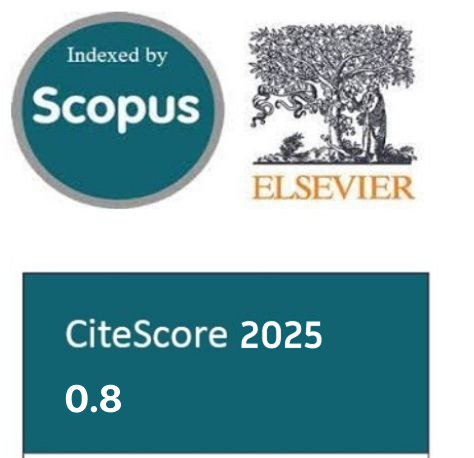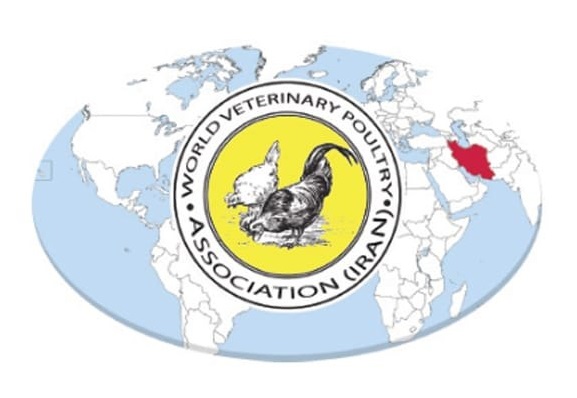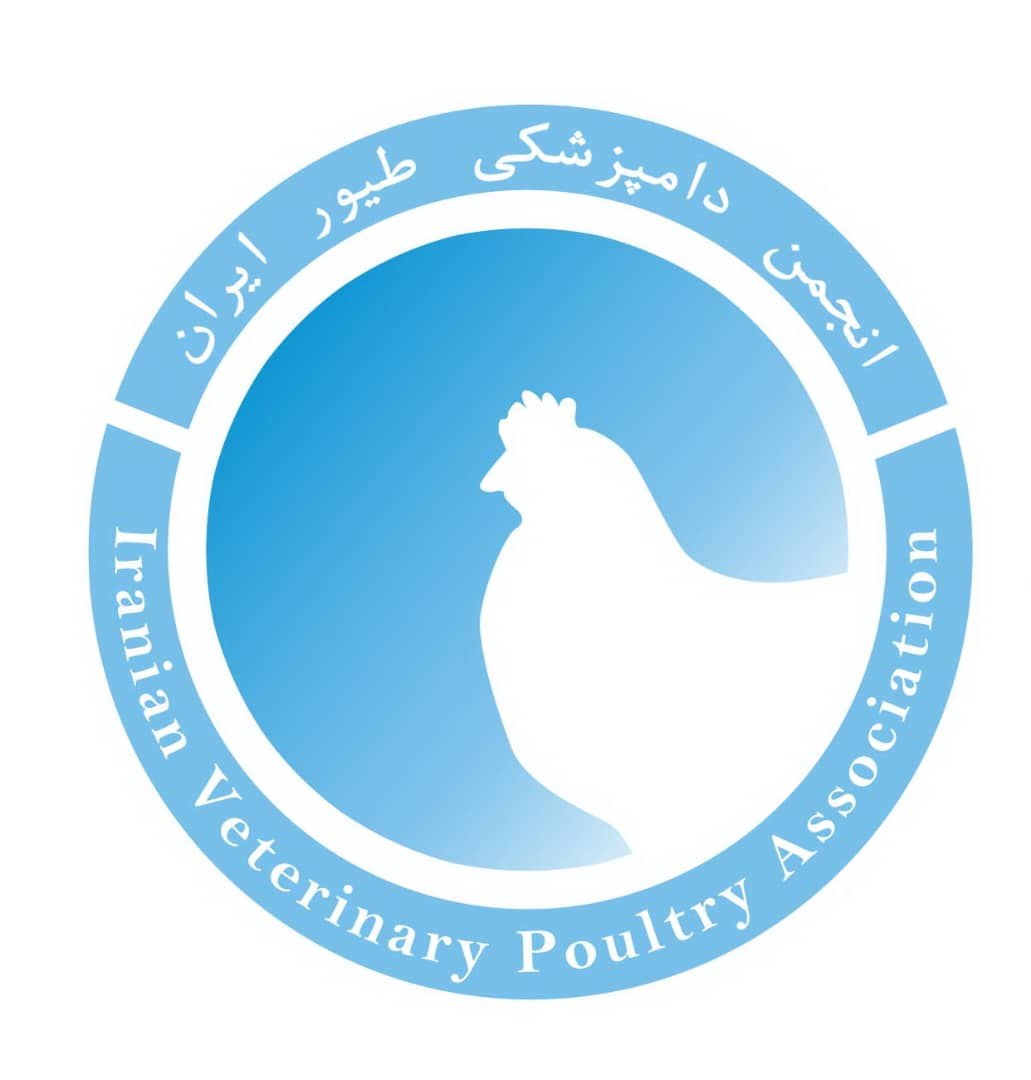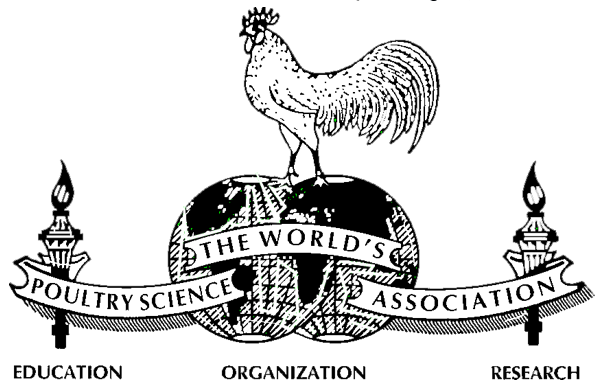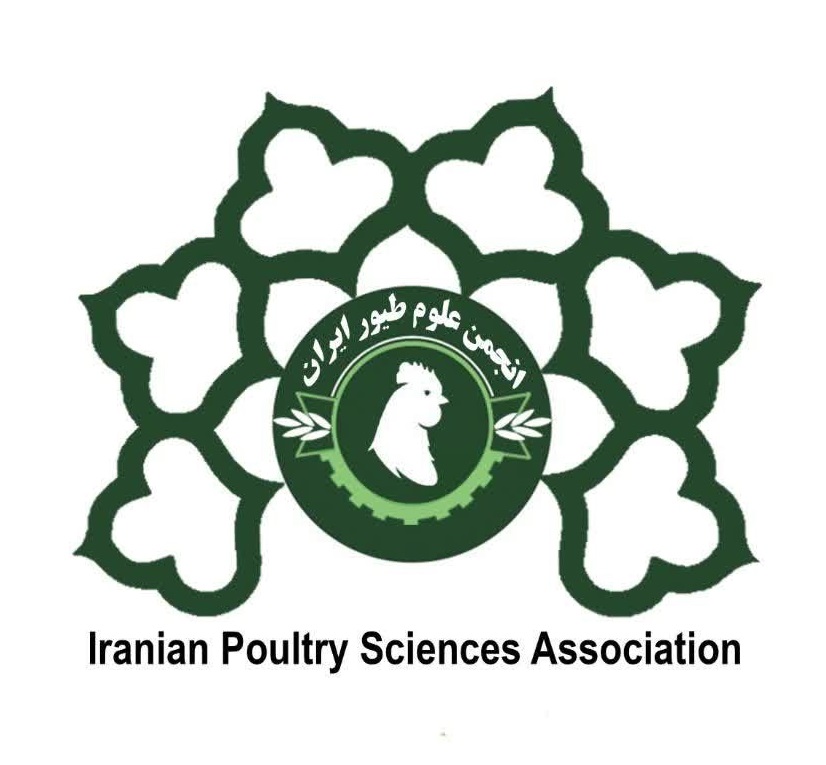Antimicrobial peptides, their significance and challenges in veterinary medicine
Abstract
Today, many developed countries have banned the use of antibiotics in the farm animal industry due to the problem of antibiotic resistance and its consequences on human health (1). This limitation has encouraged scientists to introduce safe and effective alternatives to antibiotics. Among these candidates, antimicrobial peptides (AMPs), due to their broad spectrum activities against a wide range of pathogens, their immune-modulatory activities, and the inability of pathogens to resist them, are attractive to scientists (2). AMPs are short-chain peptides with a length of 10 to 50 amino acids with a positive charge, amphipathic properties, and unique tertiary structures. They are the first protective barrier in the animal's innate immune system (3). Many studies have shown that AMPs have antibacterial, antiviral, antifungal, and antiparasitic properties and anticancer and immune modulatory effects both in vitro and in vivo (3).
Downloads
Downloads
Published
Issue
Section
License
Copyright (c) 2024 Mohammad Hadi Sekhavati (Author)

This work is licensed under a Creative Commons Attribution-NonCommercial 4.0 International License.



